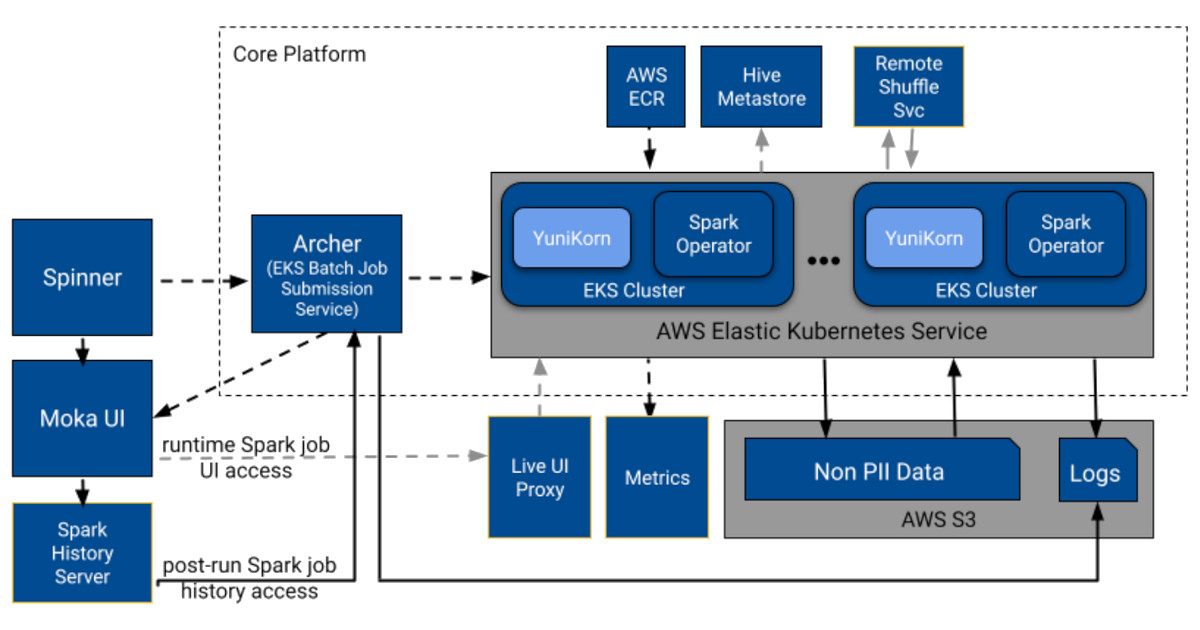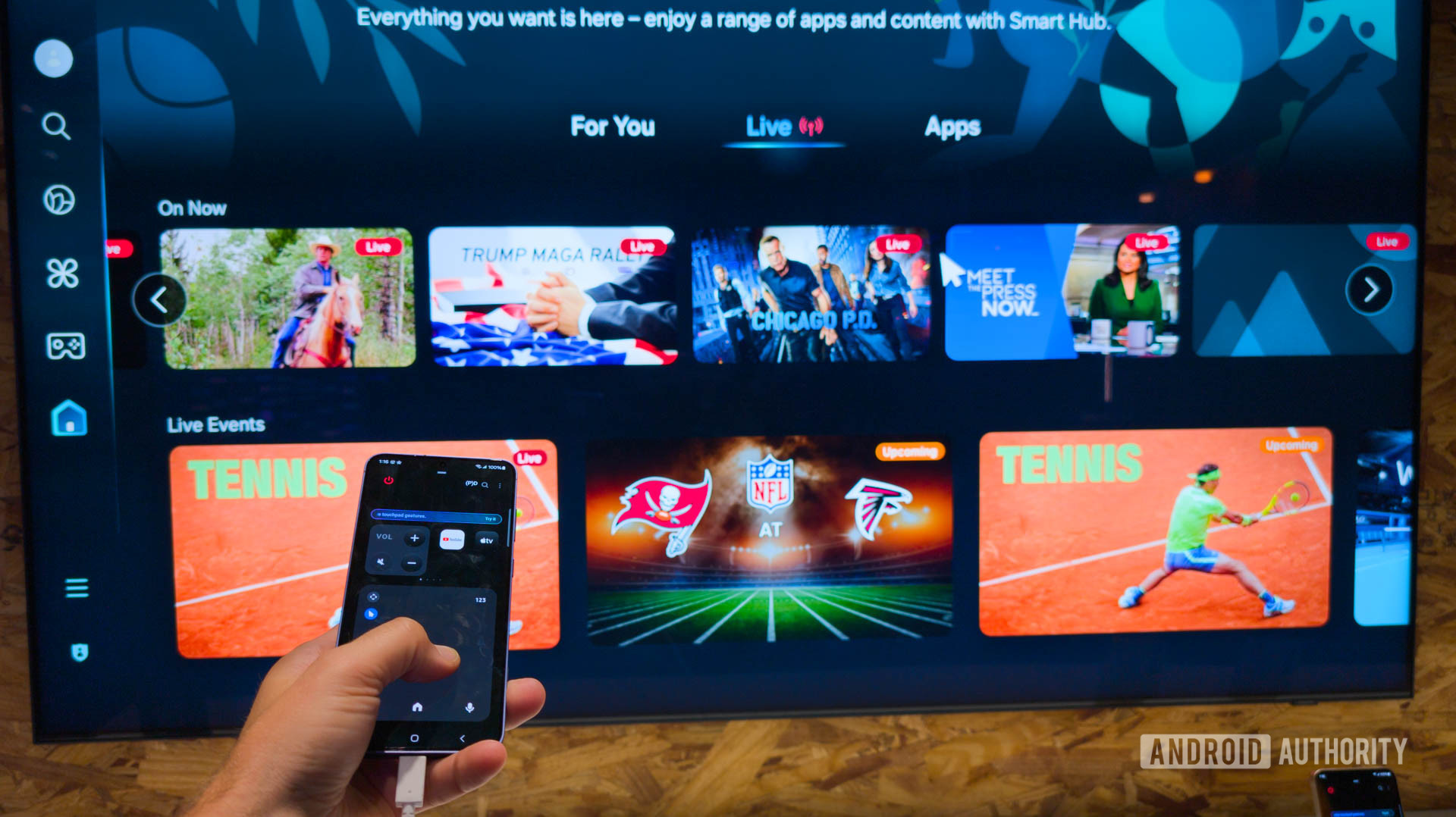Press note. Instrumental, creator of the Learning Management System (LMS) Create workflows with large -scale language models (LLM) directly within the LMS.
This unprecedented collaboration represents a Transforming advance in educational technology And it will begin with – although it will not be limited to it – a joint effort between instruction and openai to improve the experience in Canvas by incorporating the next generation of OpenAi on the platform.
Igniteai, the new tool also recently announced, establishes the open and prepared ecosystem for the future of Instrumentwith support of AI agents while the panorama of artificial intelligence continues to evolve. This alliance with Openai exemplifies that bold vision on AI in education. The strategic instructor approach around AI emphasizes the strengthening of connections within an educational ecosystem composed of more than 1,100 EDTECH partners and leading providers of LLM.
“We are committed to offering new generation LMS technologies, designed within an open ecosystem that empowers educators and students to adapt and prosper in a world that changes quickly”explains Steve Daly, executive executive director. «This collaboration with Openai reflects our ambitious vision: to create an ecosystem prepared for the future that foster meaningful learning and achievements at each educational stage. It is an important step for the educational community, since we seek to continuously amplify the learning experience and improve the results of the students ».
This initial native functionality of Canvas integrates OpenAi technology to the classroom, with educational integrity and privacy as central pillars of experience:
- Guided by teachers and aligned to results. This integration allows teachers to design learning activities that fully take advantage of OpenAI’s technology capacities, promoting greater participation and more enriching educational results. Teachers maintain total control over interactions, ensuring that they are aligned with learning objectives.
- Student autonomy with teaching visibility. Through integration, students benefit from dynamic and personalized educational conversations within Canvas LMS. At the same time, teachers obtain visibility on how students interact with AI in their tasks within Canvas. Student information remains private and is not shared with OpenAi.
- Evidence -based learning, fluidly integrated. As students interact with AI in Canvas, key evidence of learning that is automatically integrated into the grades book is captured, connecting the exploration driven by AI with an evaluation aligned to standards.
- Improvement of high -value educational experiences. By automating routine and low value tasks, this integration releases time for teachers and students to focus on more significant educational activities. Students experience personalized and adaptable learning paths, while teachers obtain valuable information from learning artifacts directly captured in Canvas, strengthening their ability to promote higher order skills.
“This is the time to ensure that the AI benefits students, teachers and institutions, and associations like this are essential to achieve it”says Leahbelsky, general manager and Vice President of Education in Openai. “With the global instructing scope and advanced OpenAi models, we will provide educators with a tool to offer richer, personalized and connected learning experiences for students, in addition to helping them recover time for the human bond in teaching”.
Leading education towards the future
The global announcement of instruction and openai marks a strategic change towards a close collaboration between Edtech and AI companies to mold the future of education and respond to the accelerated rhythm of technological change, with focus on where education is directed. The aim more benefits the student when its use is based on good practices, and alliances within the industry can even more strengthen this impact.
“We are taking advantage of a powerful technology not simply because it is innovative, but because it transforms and accelerates the learning experience,” says Steve Daly. “Our alliance with Openai clearly illustrates our commitment to offer tools that allow teachers and students to prosper in constant change.”
Assignments enabled with LLM
The first tool that the Instrument is launched is a new type of allocation called allocation enabled with LLM, designed to allow teachers to create a personalized GPT type experience within Canvas. Teachers can define how AI interacts with students, establish specific learning objectives and goals and determine what evidence of learning should be collected. This can be done using instructions in natural language or with the help of an assistant within the creation flow of the task that guides them in the process.
“This new type of allocation allows students to maintain rich, casual and interactive conversations in an environment similar to Chatgpt that you already know that they love”says Shirenvijiasingam, instrument product director. “During that process, they generate visible evidence of learning that teachers can use with confidence, since it is aligned with the learning objectives, rubrics and skills defined by the teacher”.
Through this tool, when the student delivers their tasks, the teaching staff obtains an overview of progress, key learning indicators and possible gaps, each backed by clear evidence. They can then deepen specific indicators to see exactly where and how the student demonstrated the required understanding during the conversation.
«The most powerful thing about this tool is that it allows teachers to evaluate the student’s learning process, not only the final result»afirma ShirenVijiasingam. «This is just the first of a set of tools that we will develop next to OpenAI in the next quarters. This functionality offers a significant way of teaching students to use these tools in a responsible and effective way, within a high quality pedagogical framework that encourages critical thinking and supports higher order skills ».











